A steaming, fragrant, hot cup of herbal tea can do wonders for a number of ailments like a chest congestion or an upset stomach. Chickweed tea is a little known but very beneficial herbal concoction, made from the common chickweed. Scroll below to learn how to brew this herbal tea.
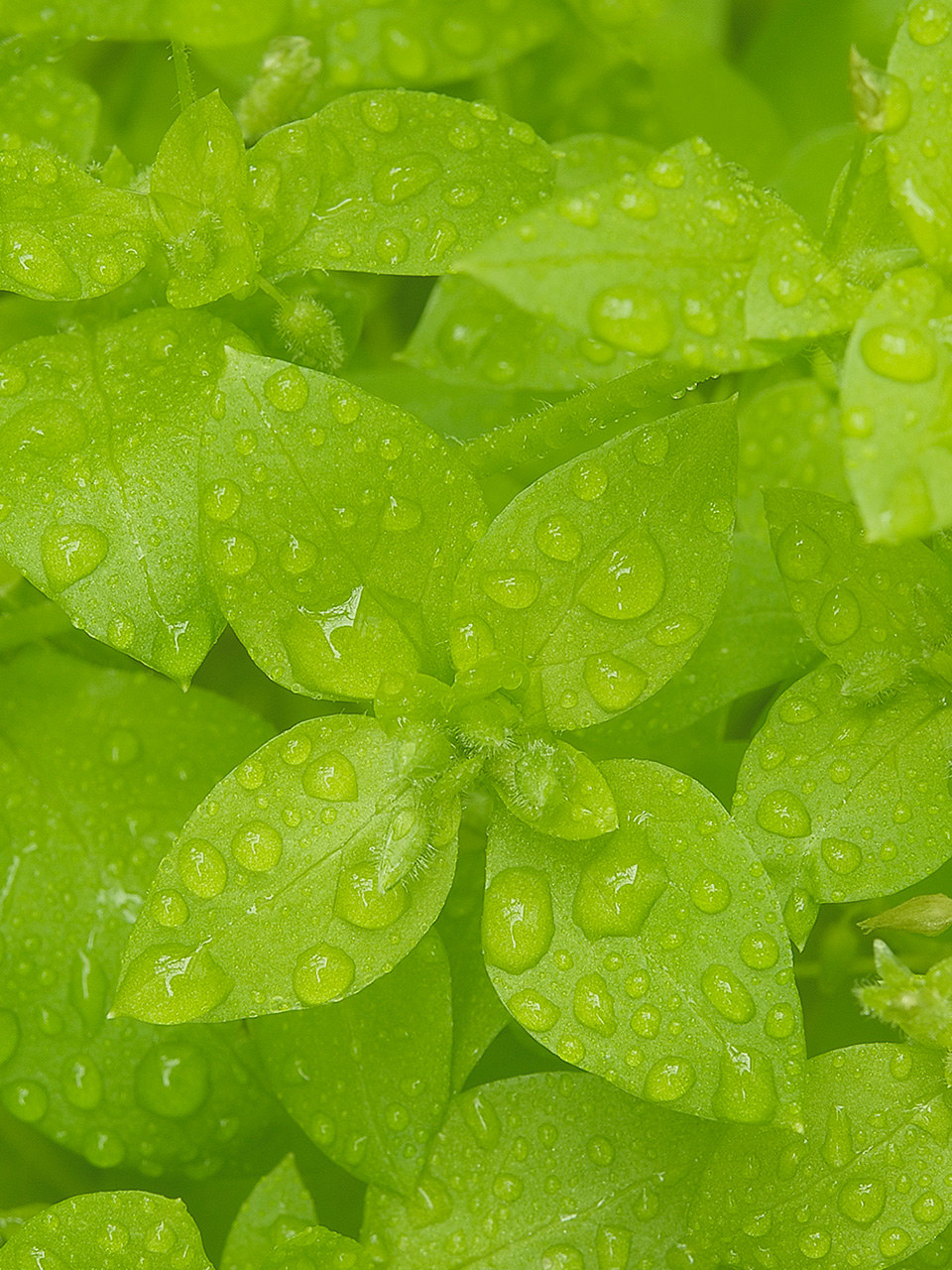
Tap to Read ➤
How to Make Chickweed Tea
Rave Uno


A steaming, fragrant, hot cup of herbal tea can do wonders for a number of ailments like a chest congestion or an upset stomach. Chickweed tea is a little known but very beneficial herbal concoction, made from the common chickweed. Scroll below to learn how to brew this herbal tea.

Weeds are flowers too, once you get to know them. ~ A.A. Milne
In every garden, there are flowers, grass, plants and weeds. Weeds are often plants that grow just where we don't want them to and grow amazingly well without our aid.
In every garden, there are flowers, grass, plants and weeds. Weeds are often plants that grow just where we don't want them to and grow amazingly well without our aid.

A type of common weed, found in nearly all gardens and flourishes in all seasons, is the Chickweed or Stellaria media. The chickweed is a very hardy, little green herb. It is approximately 3-8 inches tall and has fine long hair along its stem. It has five-petaled white flowers that bloom throughout the year.
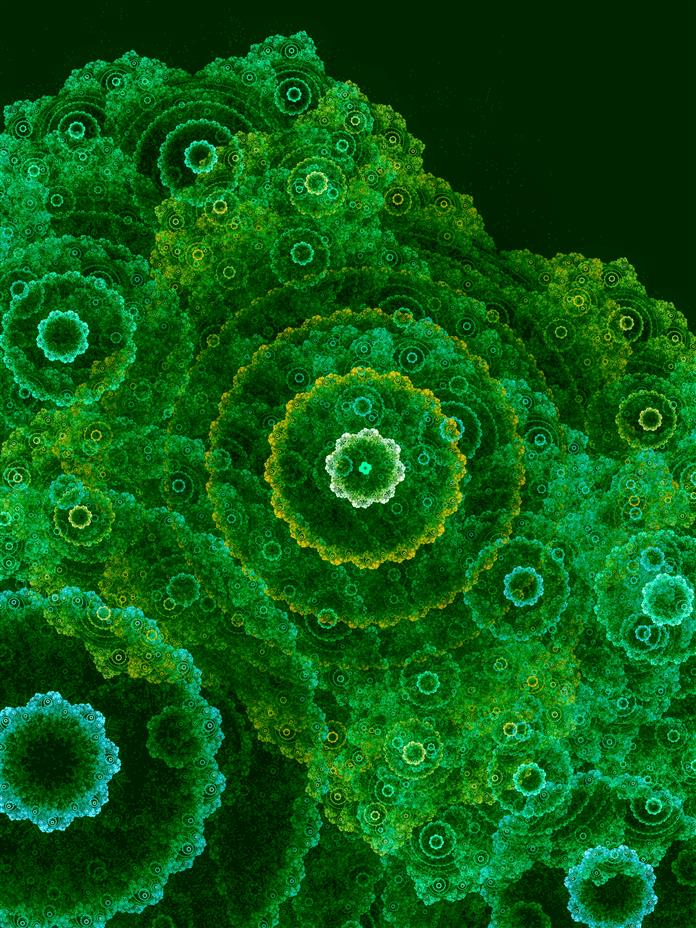
It is actually of European origin but travels to many different regions through its seeds, which are propagated through the wind or through birds. This herb is often dismissed as a weed and can be a gardener's bane with its abundant presence in grass but it is immensely valuable in terms of nutritional and medicinal benefits.

The most basic form in which to consume chickweed, is through a tisane or tea, so below the method on how to make chickweed tea is elaborated.

Why Drink Chickweed Tea?

Before delving into how to make chickweed tea, let's know the benefits of drinking this tea in the first place:
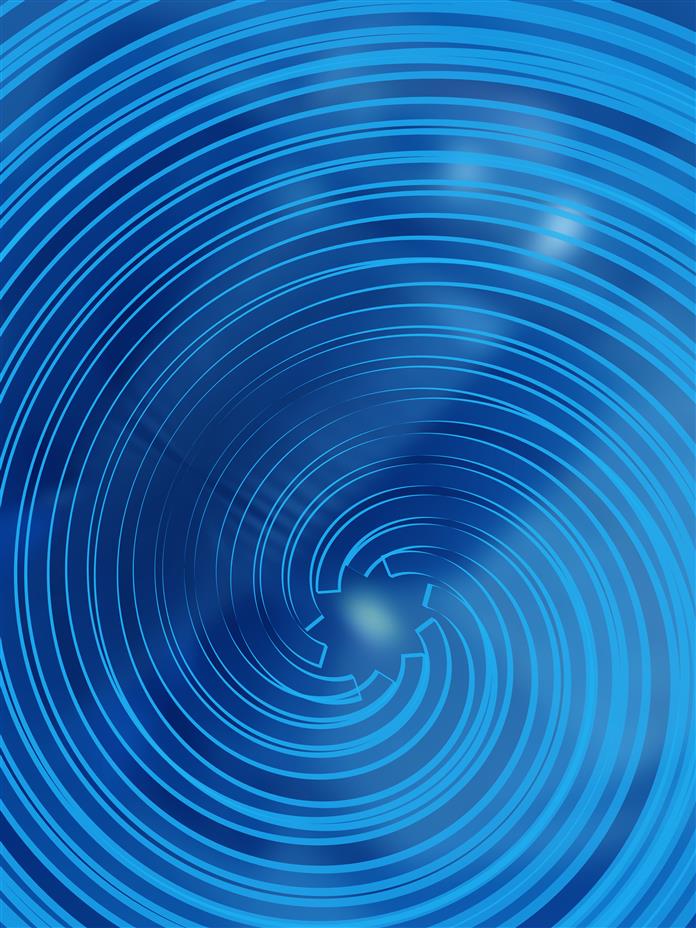
Acts as a Diuretic: A tisane of chickweed can act as an effective diuretic. This means excess water in your body, along with toxins and chemicals, are flushed out automatically through your urine. So your urinary system, kidneys and urinary tract, are cleansed out.
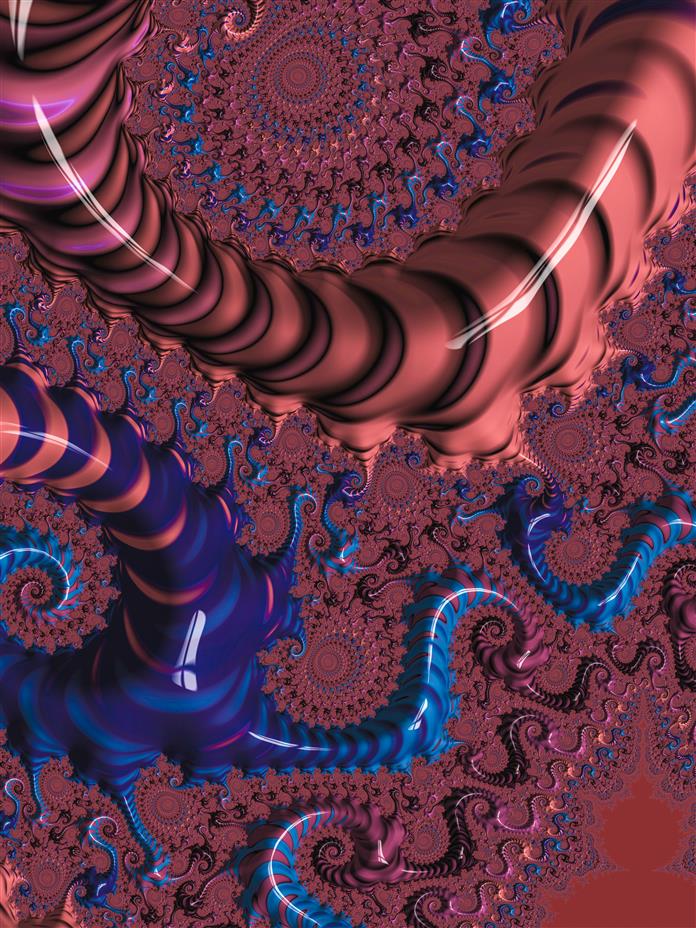
Assists in Weight Loss: Flushing out toxins and excessive water from the body aids in weight loss. Plus the flushing effect acts as a natural detox agent, hastening the rate of weight loss. While claims that it can control your weight and prevent weight gain are a little far-fetched, chickweed can aid those following a balanced diet and exercise, to lose pounds.

Repairs Digestive Tract: For upset stomachs and digestion problems, a glass of this tea will cleanse your digestive tract and speed up your metabolism. It has a mild laxative effect on your body. But imbibing too much of the tea, can cause diarrhea, so don't overdo it.
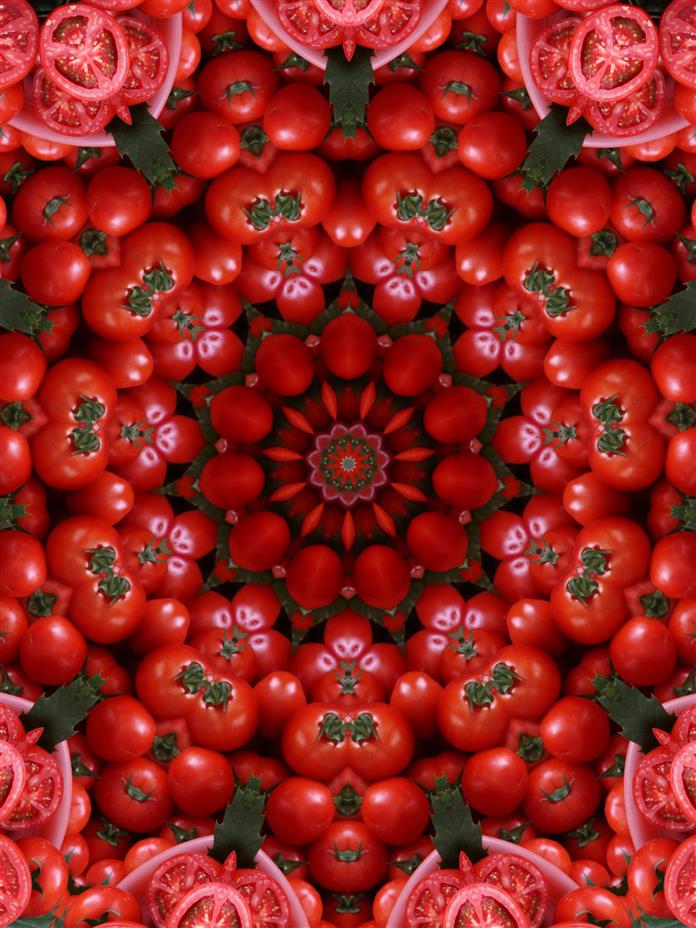
Relieves Respiratory Trouble: For a chest cough or an allergy reaction, a cup of hot chickweed tea is said to soothe the internally inflamed chest area. It is effective in easing asthmatic attacks and bronchial infections. Chickweed has a high content of vitamin C and so soothes away common cold and sore throat as well.

Heals Wounds: Chickweed tea can be applied as a poultice externally over skin wounds and injuries, as it has detoxifying and cleansing effect. It is said to help heal abscesses, burns, eczema, bruises and itchy skin. It has an anti-inflammatory effect. As a poultice solution, chickweed tea can be placed externally over the liver, to reduce body heat in that region.

This herbal tea is completely natural; there are no chemicals or preservatives in it, just herbs and water. So unlike chemical diuretics, it will not flush out minerals and nutrients along with your urine.

Chickweed Tea Recipe

For this recipe, it is best to use fresh chickweed over the powdered or dried variant, as fresh chickweed will retain more nutritional and health properties, after being used.
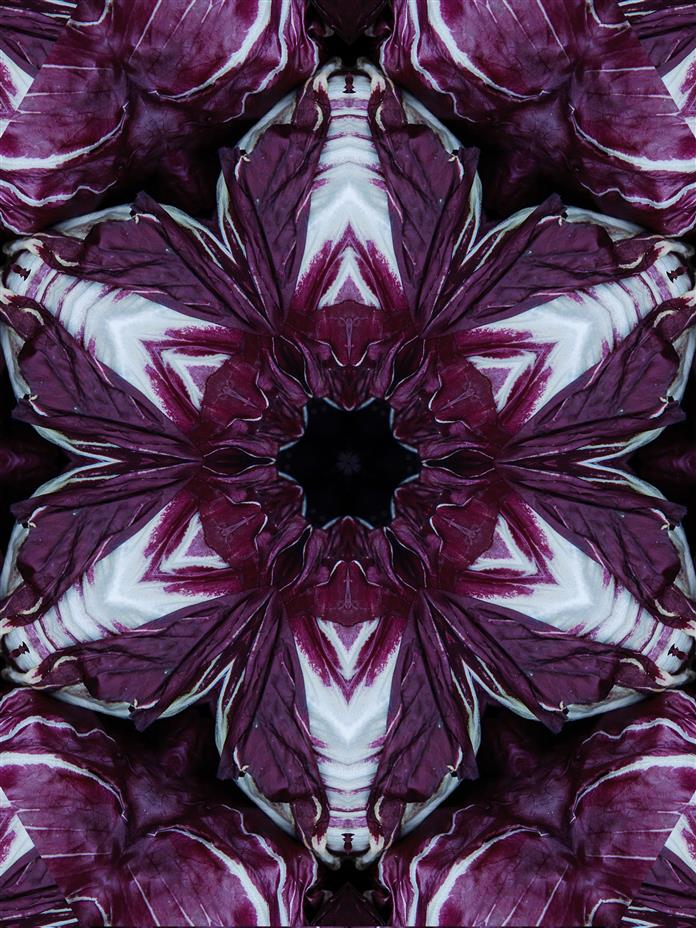
You will need
- 2 or 3 tablespoons fresh chickweed herb/ 2 teaspoons dried chickweed herb, chopped/crumbled
- 8 oz or 1 cup water
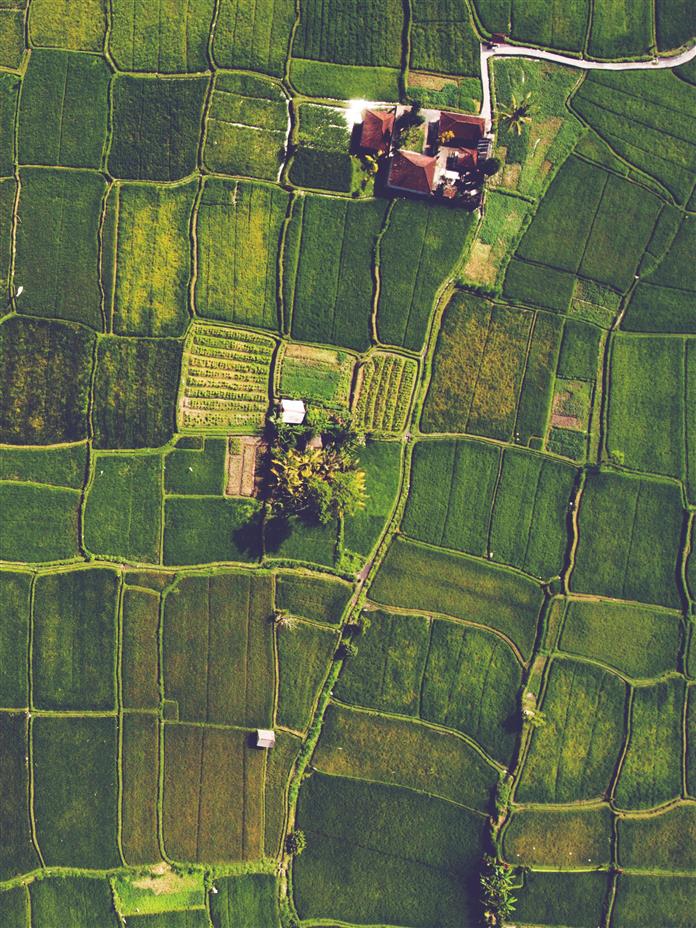
Method for Dried Chickweed
- Boil the water in a saucepan.
- Remove water from heat and pour into a cup.
- Add chickweed to the cup.
- Let it steep for 5 minutes.
- Strain chickweed out and drink tea while hot.
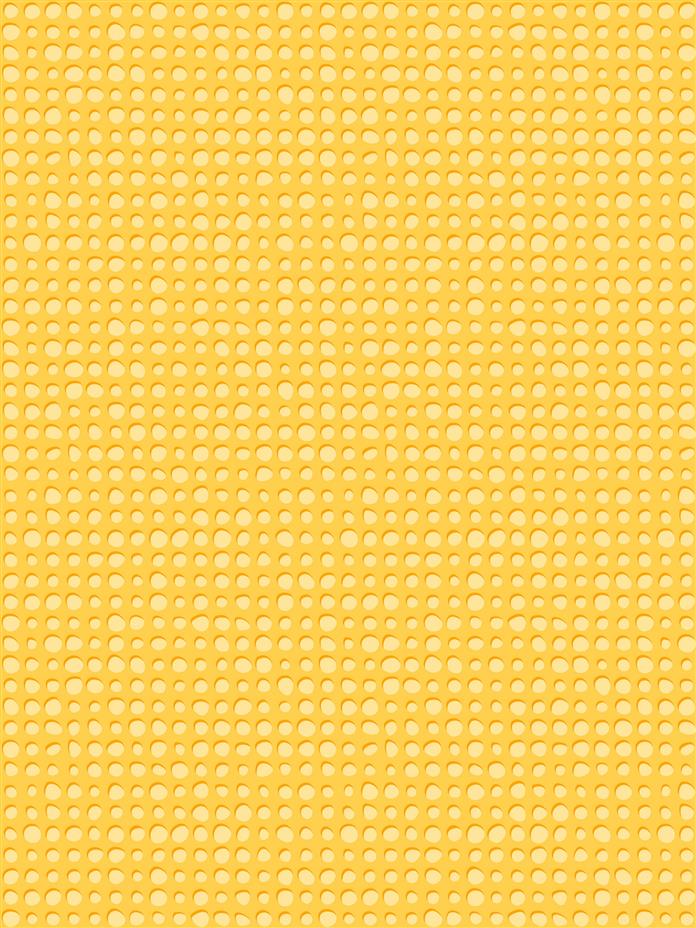
Method for Fresh Chickweed
- Boil the water in a pan.
- In a cup, place the fresh chickweed.
- Pour boiling water over the herb.
- Let the mixture infuse for 15-20 minutes.
- Strain the mixture and drink the tea hot.

The brewing process is even used to make a 'chickweed poultice'.
- Use fresh chickweed, chopped coarsely.
- For every 1 part of chickweed leaves, you should add 2 parts distilled water.
- In a pot, add water to the leaves and boil mixture for 5 minutes.
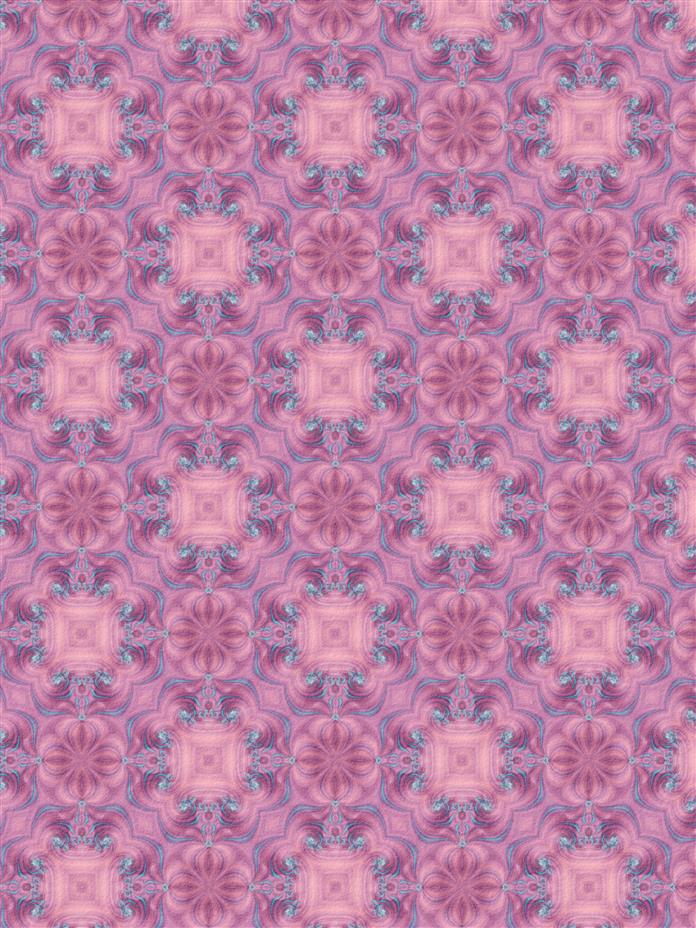
- Turn off the heat, leave the mixture to cool.
- Strain the mixture, remove the leaves and dip a cloth or soft towel into the liquid.
- You can use the poultice on the injured area. Refrigerate any leftover poultice and reheat when needed.

While chickweed has its medicinal and nutritional benefits, caution must be taken with its consumption. It has a diuretic action on the body, so too much tea can cause you to lose water rapidly and hence you can become dehydrated very fast.
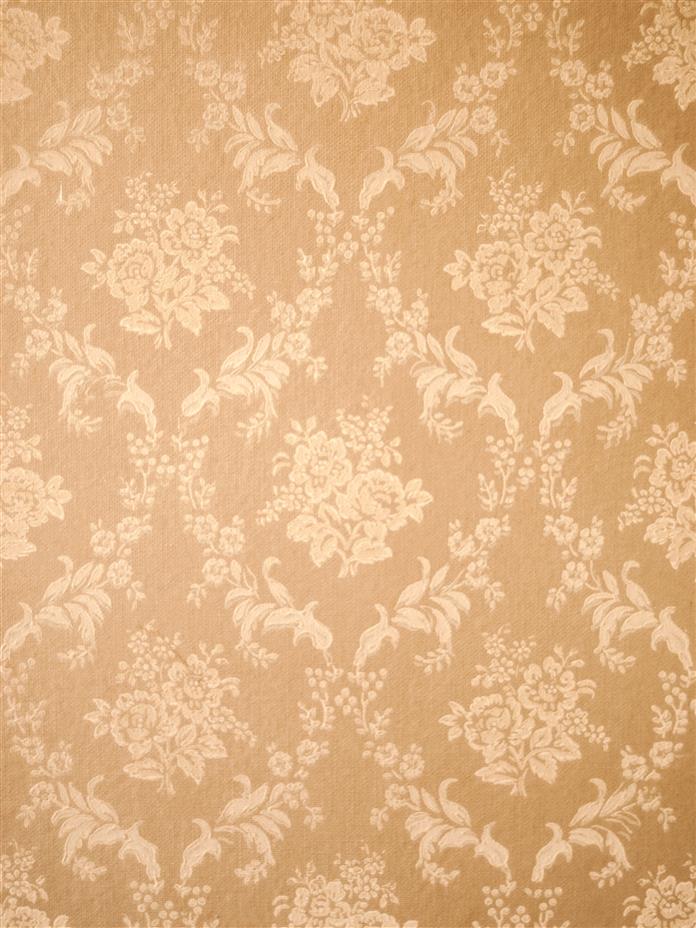
Also the laxative effect can lead to severe diarrhea, if you have too much chickweed tea. If you are taking any prescribed medicines, do not use chickweed tea as a substitute and consult your doctor, to ensure against any side effects.